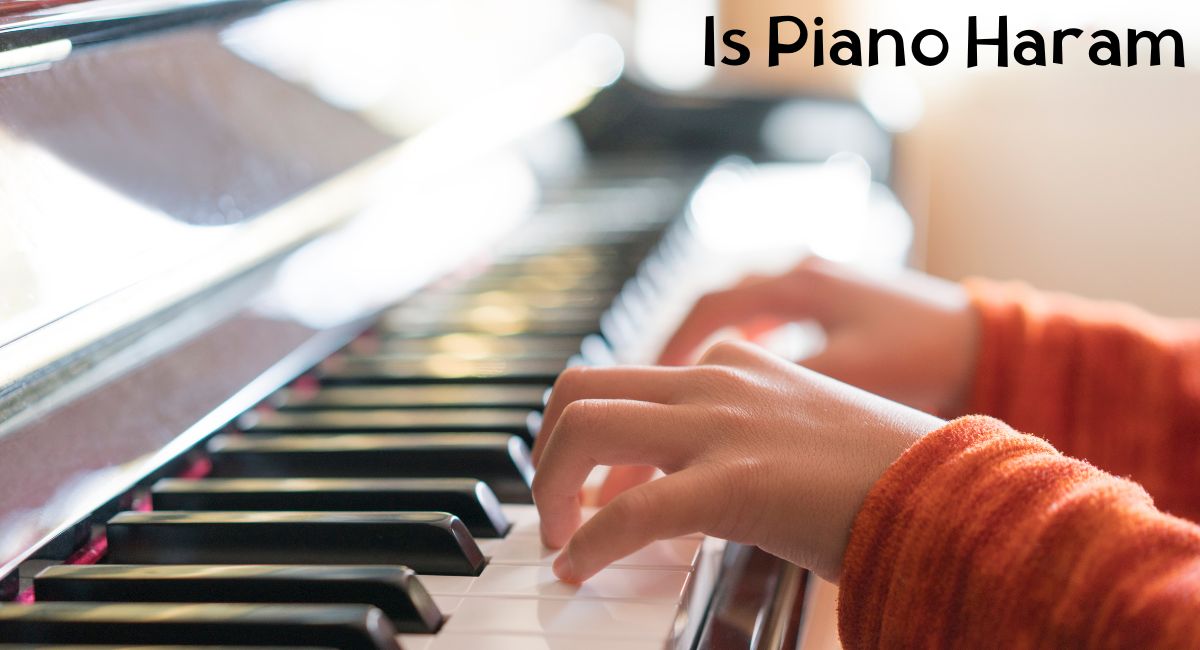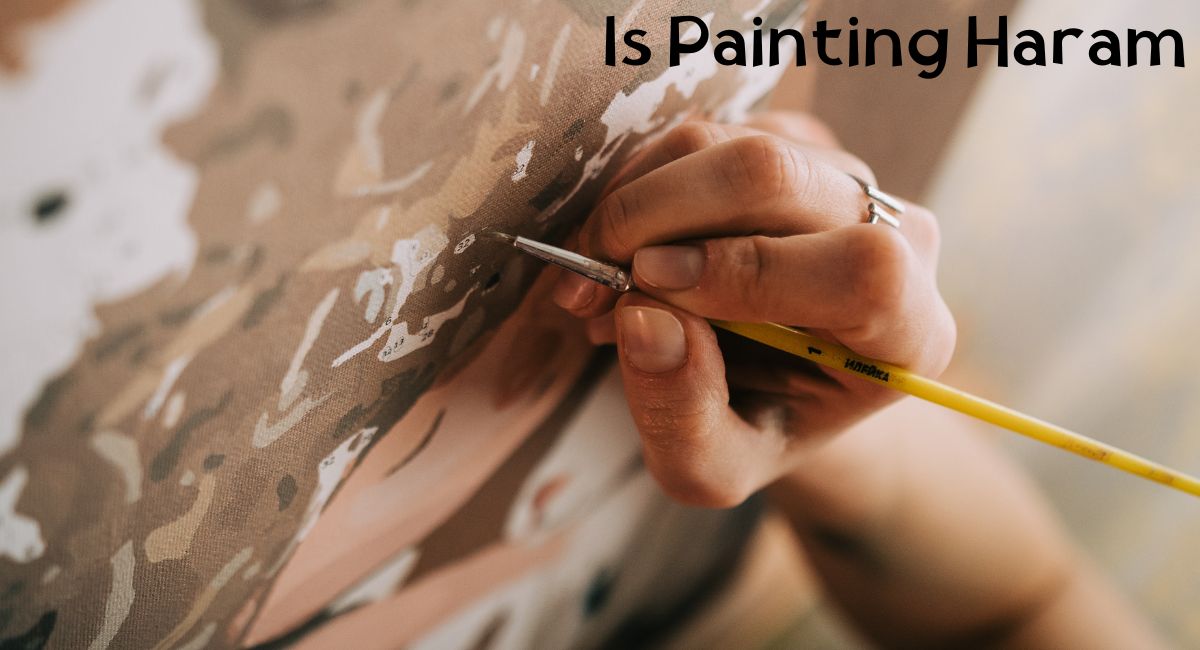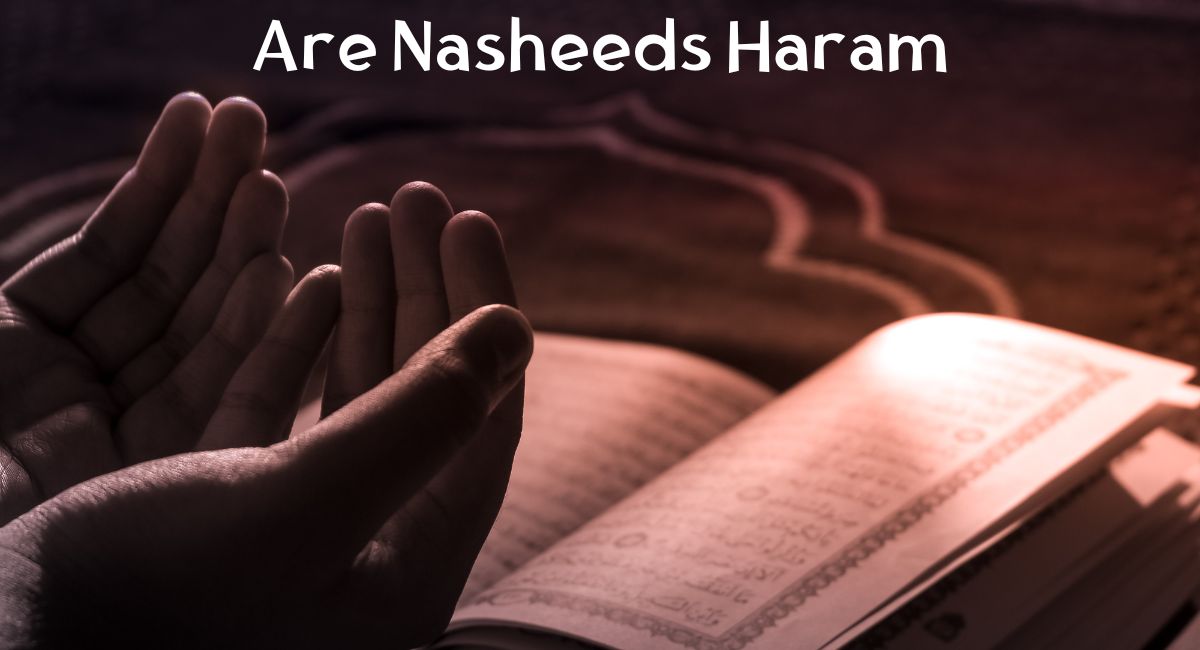The question of whether playing the piano is Haram, or forbidden in Islam, has sparked a significant debate within the Muslim community. Music and musical instruments have long been a subject of contention in Islamic jurisprudence, with varying interpretations and opinions among scholars and practitioners.
The piano, as a prominent musical instrument in many cultures around the world, has found itself at the center of this controversy.
In this article, we will delve into the arguments, opinions, and religious perspectives surrounding the permissibility of playing the piano in Islam, seeking to provide a nuanced understanding of this complex issue.
Is Piano Haram
The question of whether playing the piano or engaging in music generally is considered haram (forbidden) in Islam has been a subject of debate among scholars and within Muslim communities for centuries.
The debate hinges on various interpretations of Islamic texts, such as the Quran and Hadiths, the sayings and actions of the Prophet Muhammad (PBUH), as well as the different legal rulings (fatwas) issued by religious scholars (ulama).
Arguments in Favour of Piano Being Haram
Arguments in favor of considering piano playing as haram (forbidden) in Islam can be drawn from various Islamic teachings and scholarly opinions. Here are some key points:
General Prohibition of Musical Instruments: The mainstream opinion of Islamic scholars is that all musical instruments, except for the tambourine (duff), are not permitted in Islam. This perspective is found in the works of the four Sunni schools of Islamic law.
Specific Prohibition of Pianos: According to Islamic teachings, playing or learning the piano is considered haram, regardless of whether it is played in public or private. The only musical instrument allowed in Islam for specific occasions like marriage ceremonies is the Duf, a small hand-held drum.
Hadith References: There are hadiths that mention the prohibition of musical instruments. One such hadith states, “Two types of sounds are cursed in this world and in the Hereafter, Musical instruments when expressing happiness over a bounty and wailing when a calamity befalls” (Musnadul Bazzar, Hadith: 7513, with a reliable chain). Another hadith indicates that there will be people in the Muslim community who will regard as permissible things like adultery, silk, alcohol, and musical instruments.
Quranic Interpretation: While the Quran does not explicitly mention musical instruments, some scholars interpret certain verses as supporting the prohibition of music and musical instruments. This interpretation is often based on the broader Islamic principles of avoiding actions that lead to distraction from worship and moral behavior.
Consensus Among Madhhabs: Scholars from the four madhhabs (schools of Islamic thought) agree on the prohibition of musical instruments. This consensus among different Islamic schools of thought lends weight to the argument that musical instruments, including the piano, are haram.
Prophet Muhammad’s Stance: It is believed based on hadiths that the Prophet Muhammad allowed only the Duff to be played in religious ceremonies and prohibited all other musical instruments, including the piano.
Arguments Against Piano Being Haram
Arguments against considering piano playing as haram (forbidden) in Islam include different scholarly interpretations and the lack of explicit Quranic references to music. Here are some key points:
Scholarly Debate: The permissibility of music in Islam is a matter of debate among scholars. The Quran does not specifically mention music, and some scholars interpret the phrase “idle talk” in the Quran as possibly including music, but this interpretation is not unanimous.
Hadith Interpretations: While some hadiths appear to view music unfavorably, the reliability of these narrations has been questioned. Scholars like Abu Bakr ibn al-Arabi and Ibn Hazm have challenged the authenticity of hadiths that prohibit singing, suggesting that they are false or fabricated.
Views of Eminent Scholars: Imam al-Ghazali, a highly regarded Islamic scholar, reported several hadiths and concluded that music in itself is permitted. He stated that singing and playing are not haram, and he referenced a narration expressing a favorable opinion of music.
Contemporary Scholarly Opinions: Modern scholars, including Shaykh al-Azhar Mahmud Shaltut, Shaykh Yusuf Qaradawi, and Ayatollah Ruhollah Khomeini, have issued legal rulings stating that audio arts, including music, are permissible as long as they do not encourage actions against the faith. Notable figures who are believed to have viewed music as halal (permissible) include Abu Bakr ibn al-Arabi, Ibn al-Qaisarani, Ibn Sina, Abu Hamid al-Ghazali, Abd al-Ghani al-Nabulsi, Rumi, Ibn Rushd, and Ibn Hazm.
What Types of Music Are Permissible in Islam
In Islam, the permissibility of music is subject to various interpretations, and there are differing opinions on what types of music are considered permissible. Key points from Islamic scholars and interpretations include:
- Diverse Opinions: There is a wide range of opinions on permissible music. Some allow vocals without instruments, others permit vocals only for same-gender audiences, and some accept vocals with drums or tambourines but no other instruments. Music that is not passionate, sexually suggestive, or in violation of Islamic teachings is generally allowed.
- Acapella and Devotional Singing: Acapella music, regardless of the audience, is a part of Islamic devotional singing. Jurist Abu Bakr ibn al-Arabi and Ibn Hazm argue that there is no sound hadith available concerning the prohibition of singing.
- Drums: Some Muslims believe that drums are permissible, but no other instruments should be used.
- Specific Instrument Allowance: Zakir Naik and some Islamic traditions allow musical instruments like the daf (a traditional one-sided drum) and tambourine, as mentioned in certain hadiths. An example is a hadith where Prophet Muhammad instructed Abu Bakr to let girls continue singing during Eid celebrations.
- All Instruments with Conditions: Some Muslims believe all instruments are allowed if used for acceptable or halal types of music that are not sexually arousing or un-Islamic. This view is prevalent in Shia and Sufi traditions, where music is a part of worship.
- Modern Scholarly Views: Scholars like Yusuf al-Qaradawi argue that music is forbidden only if it leads to prohibited activities like drinking alcohol or illicit sex.
- Imam al-Ghazali’s View: Imam al-Ghazali concluded that music is permitted, based on his interpretation of several hadiths.
- Contemporary Scholars’ Rulings: Contemporary scholars, including Shaykh al-Azhar Mahmud Shaltut and Ayatollah Ruhollah Khomeini, have issued legal rulings that audio arts, including music, that do not encourage actions against the faith are permitted.
- Criteria for Permissibility: Yusuf al-Qaradawi outlines criteria for permissible songs and singing, including that they should not be against Islamic teachings, lead to excessive entertainment, arouse passions towards sin, or be associated with haram activities.
These perspectives highlight the nuanced and varied interpretations within Islamic scholarship regarding the types of music considered permissible.
Frequently Asked Questions
1. Is playing piano music permissible in islam?
2. Is playing and listening to recorded piano music haram?
Some believe that while listening to music might be halal, playing instruments, including the piano, is haram. Dr. Main K. Al-Qudah stated that, according to the majority of Muslim scholars, playing and listening to music is prohibited.






